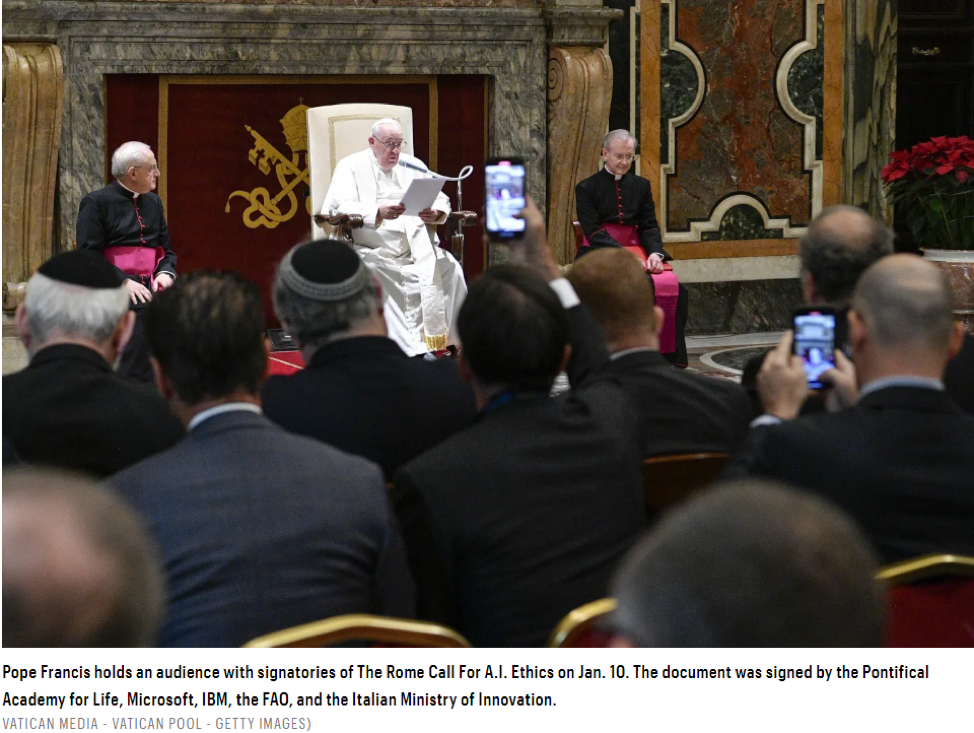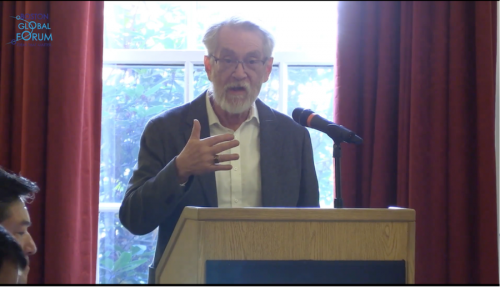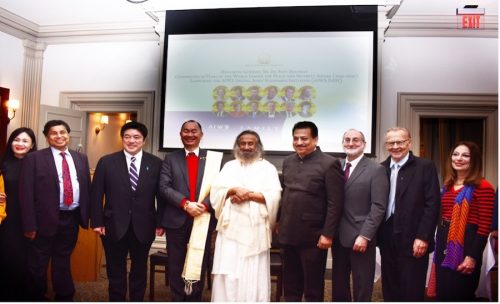In this heyday of A.I. innovation, organizations are pouring tens of billions of dollars into A.I. development. However, for all the money invested in capabilities, there has not been commensurate investment in A.I. governance.
Some companies may take the position that when world governments release A.I. regulations that will be the appropriate time to wrestle A.I. programs into a governance structure that can address complex topics like privacy, transparency, accountability, and fairness. In the meantime, the business can focus solely on A.I. performance.
Regulatory wheels are already in motion. However, regulations move at the speed of bureaucracy, and A.I. innovation is only accelerating A.I. is already deployed at scale, and we are rapidly approaching a point after which A.I. capabilities will outpace effective rulemaking, putting responsibility for self-regulation squarely in the hands of business leaders.
The solution to this puzzle is for organizations to find the balance between following existing rules and self-regulation. Some companies are rising to the responsible A.I. challenge: Microsoft has an Office of Responsible A.I. Use, Walmart a Digital Citizenship team, and Salesforce an Office of Ethical and Humane Use of Technology. However, more organizations need to quickly embrace a new era of A.I. self-regulation.
The article was originally published at Fortune.
The Boston Global Forum (BGF), in collaboration with the United Nations Centennial Initiative, released a major work entitled Remaking the World – Toward an Age of Global Enlightenment. More than twenty distinguished leaders, scholars, analysts, and thinkers put forth unprecedented approaches to the challenges before us. These include President of the European Commission Ursula von der Leyen, Governor Michael Dukakis, Father of Internet Vint Cerf, Former Secretary of Defense Ash Carter, Harvard University Professors Joseph Nye and Thomas Patterson, MIT Professors Nazli Choucri and Alex ‘Sandy’ Pentland. The BGF introduced core concepts shaping pathbreaking international initiatives, notably, the Social Contract for the AI Age, an AI International Accord, the Global Alliance for Digital Governance, the AI World Society (AIWS) Ecosystem, and AIWS City.











